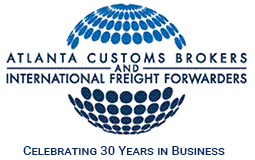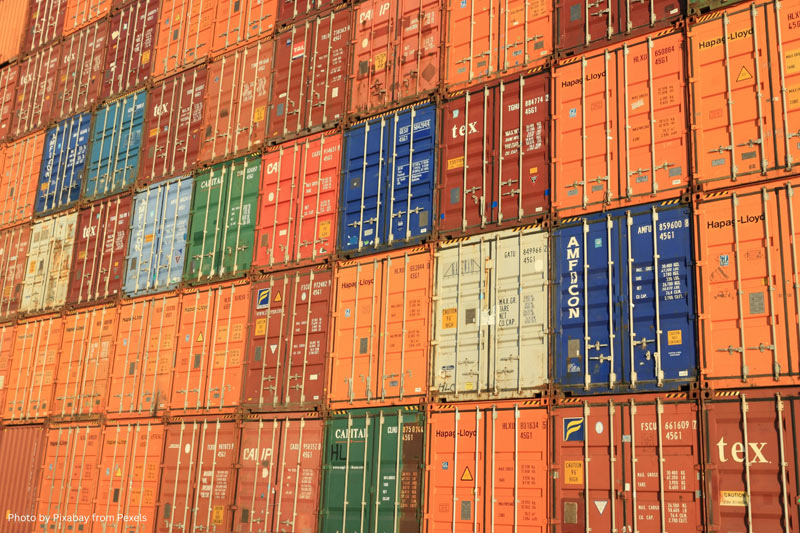Understanding the Impact of Trade Policy on Customs Brokers and Importers
Trade policy is a constant force that shapes the climate in which customs brokers and importers operate. It governs the rules of the game in international commerce, influencing everything from import regulations to tariffs, and subsequently the intricacies of customs clearance.
For those involved in international shipping, changes in trade policy can have significant consequences, whether favorable or unfavorable. Understanding these impacts is crucial not only for current operations but also for future planning to mitigate potential risks and harness opportunities.
What Are Trade Policies?
Trade policies are laws and strategies by which a country conducts its international trade, affecting how it imports and exports goods and services. These policies often include tariffs, import quotas, subsidies, and import regulations that control international shipping activities. Governments use trade policy to achieve various economic objectives, such as protecting domestic industries or increasing exports.
Differential policies can have ripple effects felt across the entire logistics chain, including transportation, warehousing, customs processing, and distribution. Such policies are often a tapestry woven from numerous trade agreements, each designed to either promote trade with certain countries or restrain it.
Trade Policy Custom Brokers – The Role of Trade Agreements
Trade agreements are a form of trade policy that fosters greater economic cooperation between countries. Bilateral and multilateral trade agreements can substantially shift the landscape for customs brokers and importers. These agreements can eliminate trade barriers, harmonize customs processes, and standardize tariffs, ultimately easing the movement of goods across borders. For instance, the North American Free Trade Agreement (NAFTA), now succeeded by the United States-Mexico-Canada Agreement (USMCA), has significantly impacted trade logistics between these three countries.
By understanding these agreements, customs brokers can better anticipate logistical changes and prepare accordingly. For importers, the proper utilization of favorable trade agreements can result in significant cost savings and increased access to foreign markets.
Customs Brokers: Navigators of Trade Policy
Customs brokers are pivotal in ensuring the efficient and compliant movement of goods across borders. They act as intermediaries between importers and government authorities to manage the complex paperwork and regulatory requirements of customs clearance. Their role becomes even more critical in the wake of sudden changes in trade policy.
Brokers must continually update their knowledge of current import regulations and ensure that they comply with all legislative amendments.
Importers: Adapting to Changing Import Regulations and Tariff Walls
For importers, understanding and adapting to trade policy changes is necessary to maintain a competitive edge. Fluctuations in tariffs and alterations in trade agreements can significantly impact operational costs and supply chain efficiency. Importers that are agile and able to anticipate future policy shifts can mitigate risks associated with trade disruptions.
Leveraging Technology for Efficient Customs Clearance
In the face of changing trade policies, technology plays a critical role in ensuring seamless customs clearance. Modern customs brokerage relies heavily on advanced technologies such as Artificial Intelligence (AI) and blockchain, which provide accurate and real-time data mapping of regulations, tariffs, and trade agreements. These innovations help customs brokers efficiently process clearances, reducing the likelihood of errors that lead to costly delays.
Moreover, technology solutions such as predictive analytics can help importers anticipate changes in trade policy and proactively plan their logistics strategies. By analyzing historical data, AI can predict potential outcomes of trade policies, allowing businesses to strategically plan and prevent potential setbacks.
Navigating the Complexities of International Shipping
Customs brokers and importers face the considerable challenge of navigating international shipping complexities exacerbated by fluctuating trade policies. It is their responsibility to remain informed of global policy shifts that may affect their operations. This requires staying abreast of international negotiations, proposed amendments to existing agreements, and potential new trade deals.
Joining industry associations and engaging in policy discussions can also provide valuable insights. Through collaboration within these forums, brokers and importers can voice their concerns and gain access to valuable advocacy resources.
The Future: An Evolving Trade Landscape
The trade landscape is continually evolving, and customs brokers and importers must remain adaptable to these changes to thrive. While technology and strategic planning can provide a buffer against policy shifts, businesses must foster a culture of continuous learning, ensuring they remain resilient regardless of future developments.
As international commerce shifts, so must the players within it. By staying informed, nimble, and leveraging robust networks and technology, brokers and importers can face the future’s challenges with confidence.
Where Do We Go From Here?
Atlanta Customs Brokers is dedicated to offering innovative customs brokerage and consulting solutions that navigate the complexities of international trade. With a deep understanding of trade policies and years of industry experience, our committed team ensures your goods move efficiently and comply with all regulations. By partnering with us, you can focus on growing your business while we handle the complexities of customs clearance.
Visit our website at Atlanta Customs Brokers Blog for further insights and information on how we can support your international trade needs.



